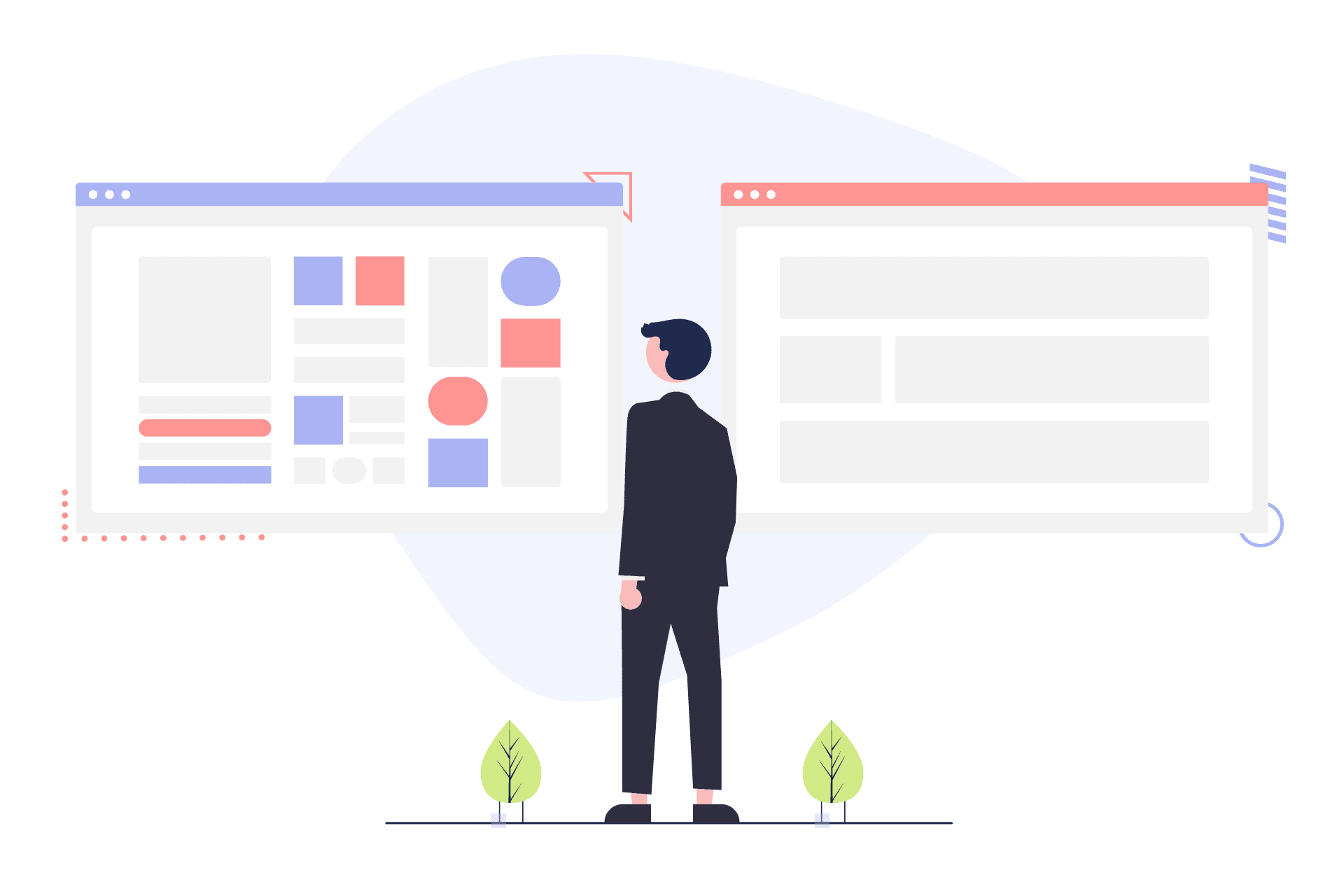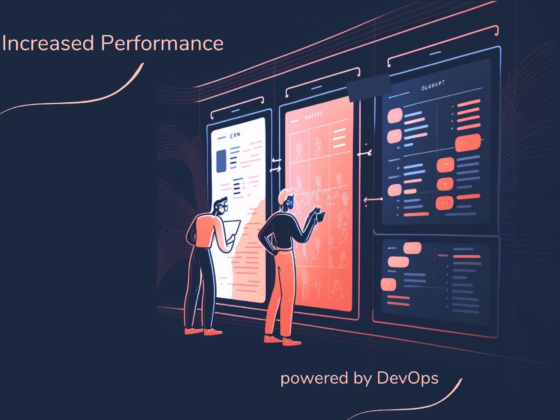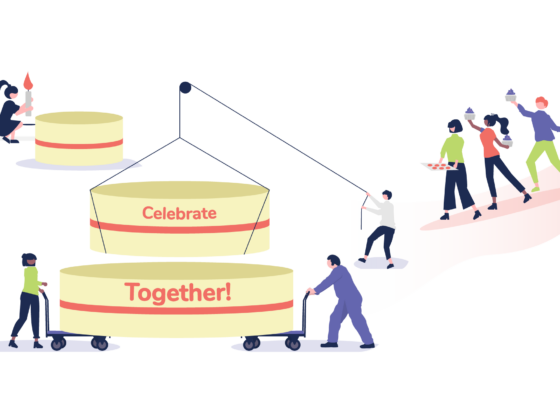The e-learning market is expected to surpass 374 billion USD by 2026. Due to the social distancing restrictions, institutions and learning companies made the switch to digital, thus raising the market growth at almost 10%.
Online learning is not new but is here to stay.
If you’re looking to expand your training business online too, but don’t know if you need to develop a custom Learning Management System (LMS) from scratch vs off-the-shelf, keep reading!
In this article, we’ll raise a few aspects you need to analyze before starting the actual development. We hope this will help you decide between the two options just mentioned.
Here are the things you need to consider!
Table of Contents

Your Business Model
We always say that technology should work to our benefit. Usually, companies make an effort to change their business around technology when it should be the other way around. You should build solutions that perfectly address your needs – rather than changing your perfectly good business model around a less flexible tech solution.
In order to help you better understand what type of solution you might need for your business, we made a quick list of the things you could look into:
- What kind of business are you in? Does technology complement your actual offering, is it something that only enhances your services? In this case, an off-the-shelf training platform could be sufficient. Or, do you want to pivot or build a technology-driven learning business? Probably you’ll need further fundraising, build more features and scale geographically. In such a case a custom system would be appropriate.
- Are you looking to go “against the wave”? Most learning and training companies go with an off-the-shelf solution. There’s a great variety of providers to choose from. Do you plan to follow the trend or are you considering a custom solution? And most importantly: what makes you lean towards custom software?
- Is the challenge strictly related to your unique approach to doing things? If you believe that you have an innovative, unique approach to the online learning process, you should look into what the market has to offer and validate your assumptions
- What are the medium to long-term goals for your LMS? We can look into your business model and try to foresee how your web platform could evolve over time to fulfil future client needs. This helps us make a better recommendation towards one solution or the other.
If things aren’t clear enough, you can always reach out for external help. At Fabrit, we always start our collaboration with a thorough business analysis process. This helps you understand exactly the real need and its solution.
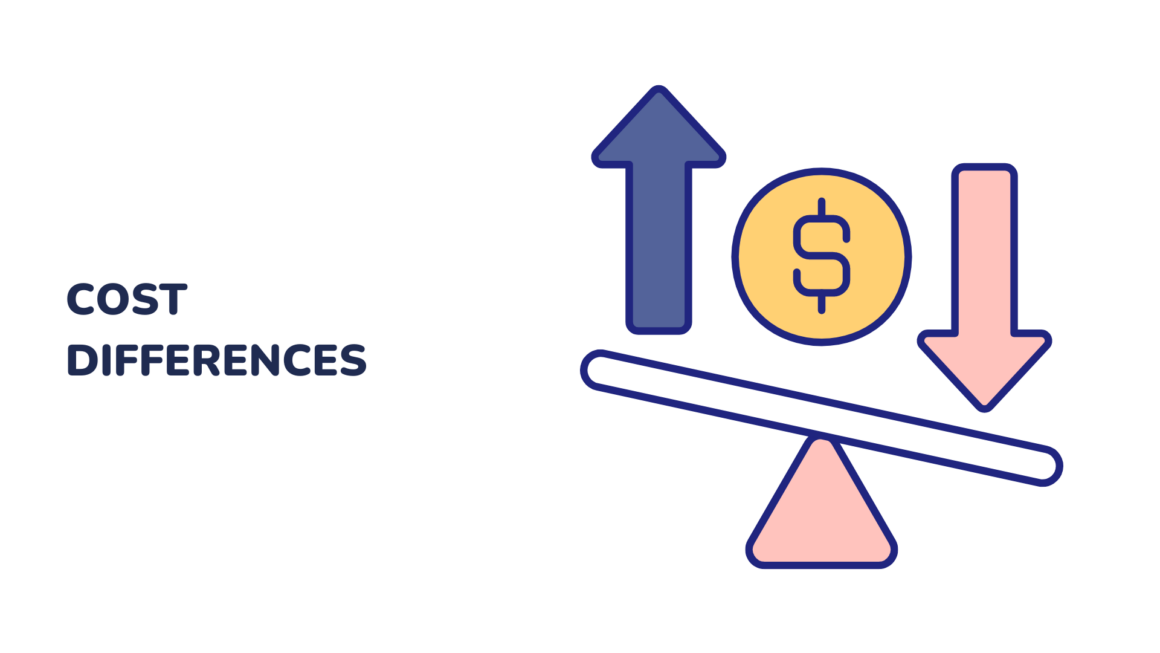
Cost Differences
There’s no doubt that you immediately thought an off-the-shelf solution will always be cheaper.
But that’s not always the case.
We’ve had clients that, although wanted an off-the-shelf, ended up choosing custom software for their LMS.
Off-the-shelf LMSes are great if you want a quick solution. But sometimes, those minor improvements and customisation you might want will turn out to be very expensive.
Here’s a tip from our top business analyst and co-founder, Alex Faur:
“Whenever I analyse the best options to build digital products, I advise them to think long term. Learning management systems are here to stay, so we want our clients to have the best solution tailored to their specific needs. I always analyse the ROI of custom versus off-the-shelf for the next 2-3 years.
There are cases when we discover that it will be more profitable – in the medium to long term – to invest in developing a custom learning management system. Some other times, we simply suggest going off-the-shelf is the best route.”
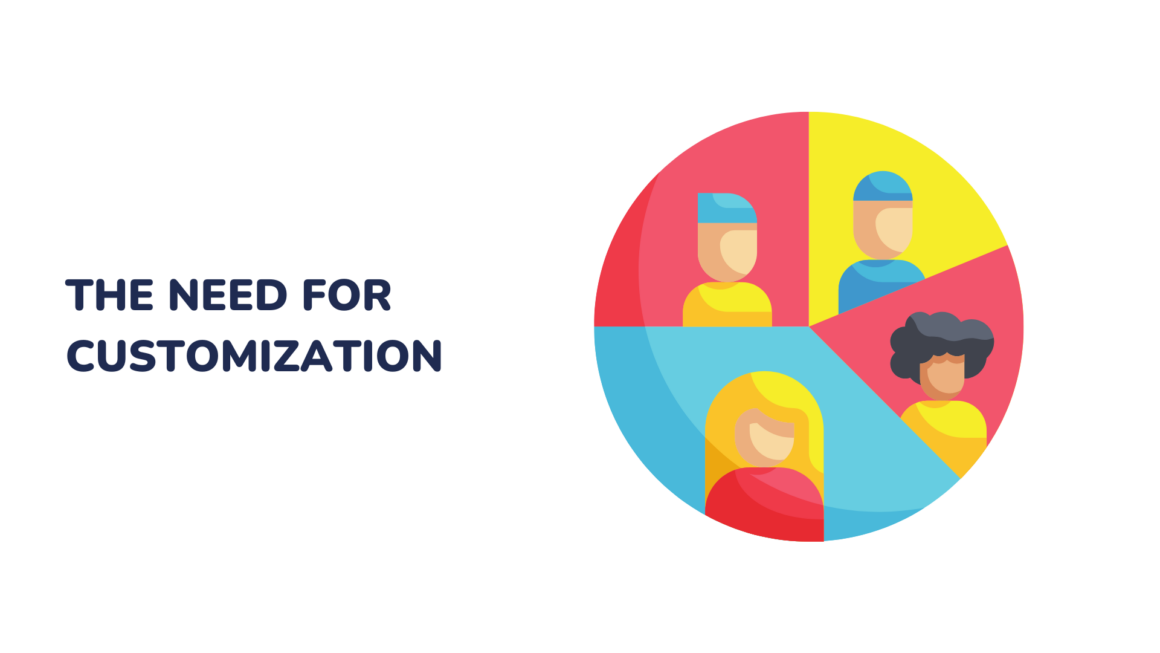
The Need for Customization
The need for customisation can be the decisive aspect between an off-the-shelf and custom LMS.
An e-learning platform has to fulfil a lot of different needs and expectations. The learning process must be easy, engaging and appealing.
If you have very specific features that can differentiate you from your competition, having them custom-developed will be the safest thing to do.
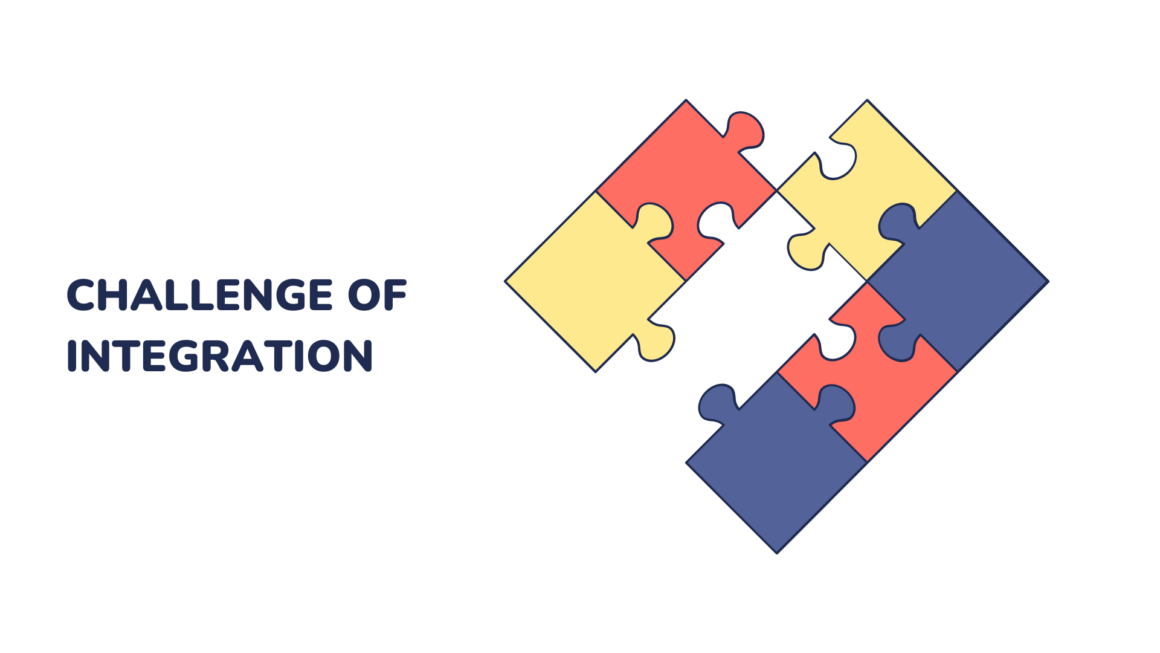
Challenge of Integration
You’ll need your learning management system to integrate with different tools such as billing, CRM or an e-commerce platform.
While most off-the-shelf LMS offer a great variety of integrations with the most used tools (Salesforce, Shopify, Magento, etc.), if you’re using less-known tools, or even custom-developed tools, a custom-built LMS might be the right answer for you.
A custom-made integration only for your needs will skyrocket the price of any off-the-shelf solution.
So it’s best to tell your business analyst which tools you’re already using or plan to use.
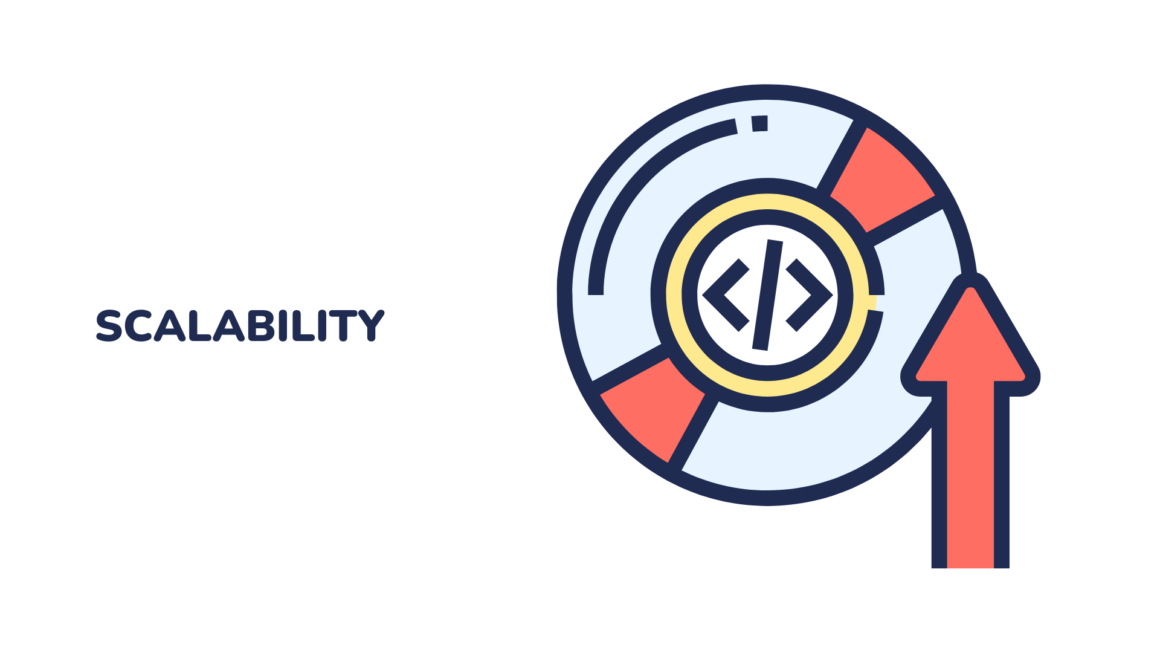
Scalability
It’s only natural for a business to want to grow.
If you want to scale up your training business, take into account how an off-the-shelf product could assist your future plans.
Off-the-shelf products will adapt to the market’s needs, there’s no doubt in that. But in case you need things to happen faster and in your own way, it will be easier with a custom LMS.
So… Which Should You Choose?
The truth is that there is no right or wrong answer to this. It’s all about what you truly need and where you want to take your business.
The off-the-shelf LMS market is huge. You have a lot of options and a lot of research to do.
We laid out some of the key aspects we look into when working with clients in the e-learning content industry, hoping it will bring you some clarity.
also on this topic:
Features Students Want in an LMS and How We Develop Them
We will look into why each feature is important and we’ll also dive into the tech aspects of it. Our team of developers reveals some insights about how they developed these features.
Our last piece of advice would be to reach out to a business analyst or consultant who can help you make an informed decision whenever you should choose a custom LMS or an off-the-shelf one.


